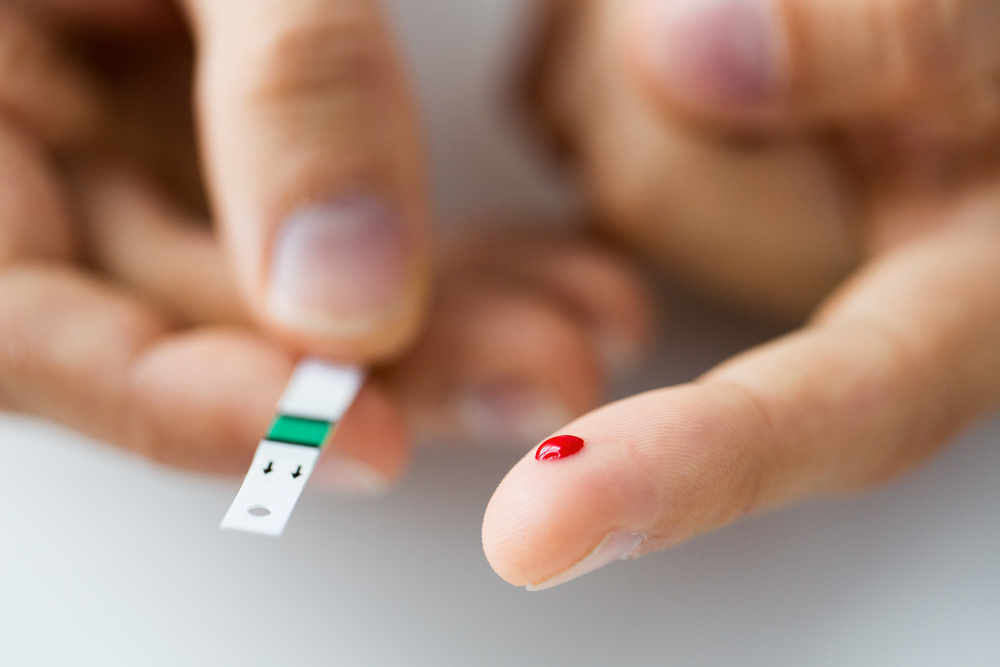
Why do orally-administered drugs for diabetes work for some people but not others?
According to researchers at Wake Forest School of Medicine, bacteria that make up the gut microbiome may be the culprit.
In a review of more than 100 current published studies in humans and rodents, the School of Medicine team examined how gut bacteria either enhanced or inhibited a drug’s effectiveness. The review is published in the Dec.11 edition of the journal EBioMedicine.
“For example, certain drugs work fine when given intravenously and go directly to the circulation, but when they are taken orally and pass through the gut, they don’t work,” said Hariom Yadav, Ph.D., assistant professor of molecular medicine at the School of Medicine, a part of Wake Forest Baptist Medical Center.
“Conversely, metformin, a commonly used anti-diabetes drug, works best when given orally but does not work when given through an IV.”
The review examined interactions between the most commonly prescribed anti-diabetic drugs with the microbiome. Before being absorbed into the bloodstream, many orally-administered drugs are processed by intestinal microbial enzymes. As a result, the gut microbiome influences the metabolism of the drugs, thereby affecting patients’ responses, Yadav said.
Type-2 diabetes, a disease characterized by carbohydrate and fat metabolism abnormalities, has recently become a global pandemic. One main function of gut microbiota is to metabolize non-digestive carbohydrates and regulate a person’s metabolism.
“Our review showed that the metabolic capacity of a patient’s microbiome could influence the absorption and function of these drugs by making them pharmacologically active, inactive or even toxic,” he said. “We believe that differences in an individual’s microbiome help explain why drugs will show a 90 or 50 percent optimum efficacy, but never 100 percent.”
The researchers concluded that modulation of the gut microbiome by drugs may represent a target to improve, modify or reverse the effectiveness of current medications for type-2 diabetes.
“This field is only a decade old, and the possibility of developing treatments derived from bacteria related to or involved in specific diseases is tantalizing,” Yadav said.
Filed Under: Drug Discovery




